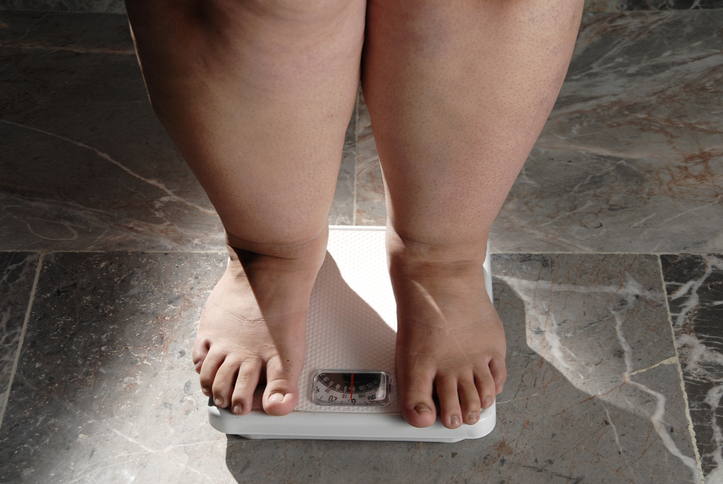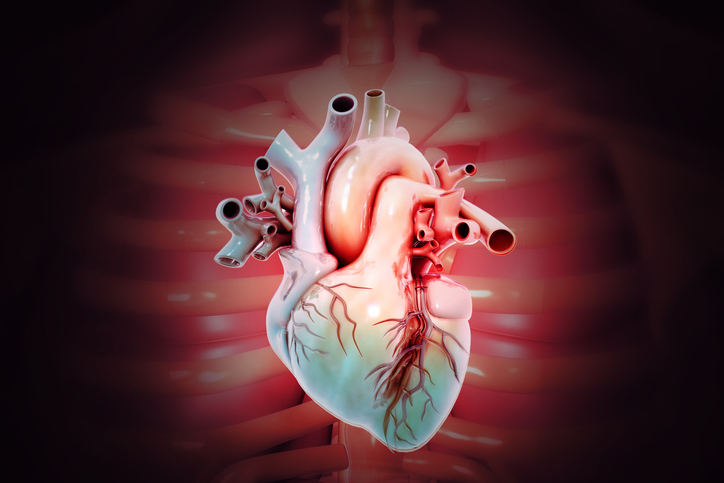
This week’s edition has some news for those who take nutritional supplements to prevent cardiovascular outcomes, a vote of confidence for adding a PCSK9 inhibitor to statin therapy, and an unexpected risk in in-hospital cardiac arrests.
Arilocumab Plus Statins Equals Lower Mortality?
A follow-up to the ODYSSEY OUTCOMES study published in Circulation indicates that the addition of the PCSK9 inhibitor alirocumab to patients with low or achieved target LDL-C levels was linked with a reduced risk for mortality. The study, which included over 19,000 patients with acute coronary syndromes, assigned to either have alirocumab added to statin therapy or not. While the reduction in deaths between the two analyzed parts of the cohort weren’t significant, patients in the alirocumab cohort had fewer cardiovascular and non-cardiovascular deaths, and a prespecified analysis showed fewer deaths with alirocumab.
Nutritional Supplements Offer No Additional Cardiovascular Protections
Most nutritional supplements do not provide additional protections from cardiovascular disease or cardiovascular death, according to new research in the Annals of Internal Medicine. The meta-analysis, looked at nine systematic reviews and 24 randomized clinical trials that included over 992,000 patients. The analysis results indicated moderate-certainty-level evidence that reduction of salt intake was linked with reduced risk for all-cause mortality in patients with normal blood pressure. It also showed that nutritional supplements suck as multivitamins, antioxidants, and iron supplements did not significantly effect mortality or cardiovascular disease outcomes. “The use of supplements continues to increase in the United States and worldwide, largely without evidence for their efficacy or safety,” they wrote in the editorial. Nearly 3 in 4 persons in the United States use some form of supplements, so it is no wonder that the supplement market is estimated to reach nearly $300 billion in the next 5 yea,” Eric J. Topol, MD, of the Scripps Research Translation Institute, wrote in an accompanying editorial for the study. “In addition to the unbridled uptake, the U.S. Food and Drug Administration lacks regulatory authority over supplements.”
In-hospital Cardiac Arrests Higher than Thought
A report in Circulation: Cardiovascular Quality and Outcomes, finds that patients in U.S. hospitals experience in-hospital cardiac arrest at higher rates than previously thought. The analysis of the Get With The Guidelines registry revealed that approximately 292,000 adults and 15,200 pediatric patients experience in-hospital cardiac arrest (7,100 pulseless cardiac arrests and 8,100 nonpulseless cardiac arrests). “”Our findings illustrate a concerning trend in U.S. hospitals, and show that cardiac arrest is a major public health problem,” wrote lead author Lars W. Andersen, MD, MPH, of Aarhus University in Denmark.”Previous incidence estimates may no longer reflect the current public health burden of cardiac arrest in hospitalized patients across the U.S.”







 © 2025 Mashup Media, LLC, a Formedics Property. All Rights Reserved.
© 2025 Mashup Media, LLC, a Formedics Property. All Rights Reserved.